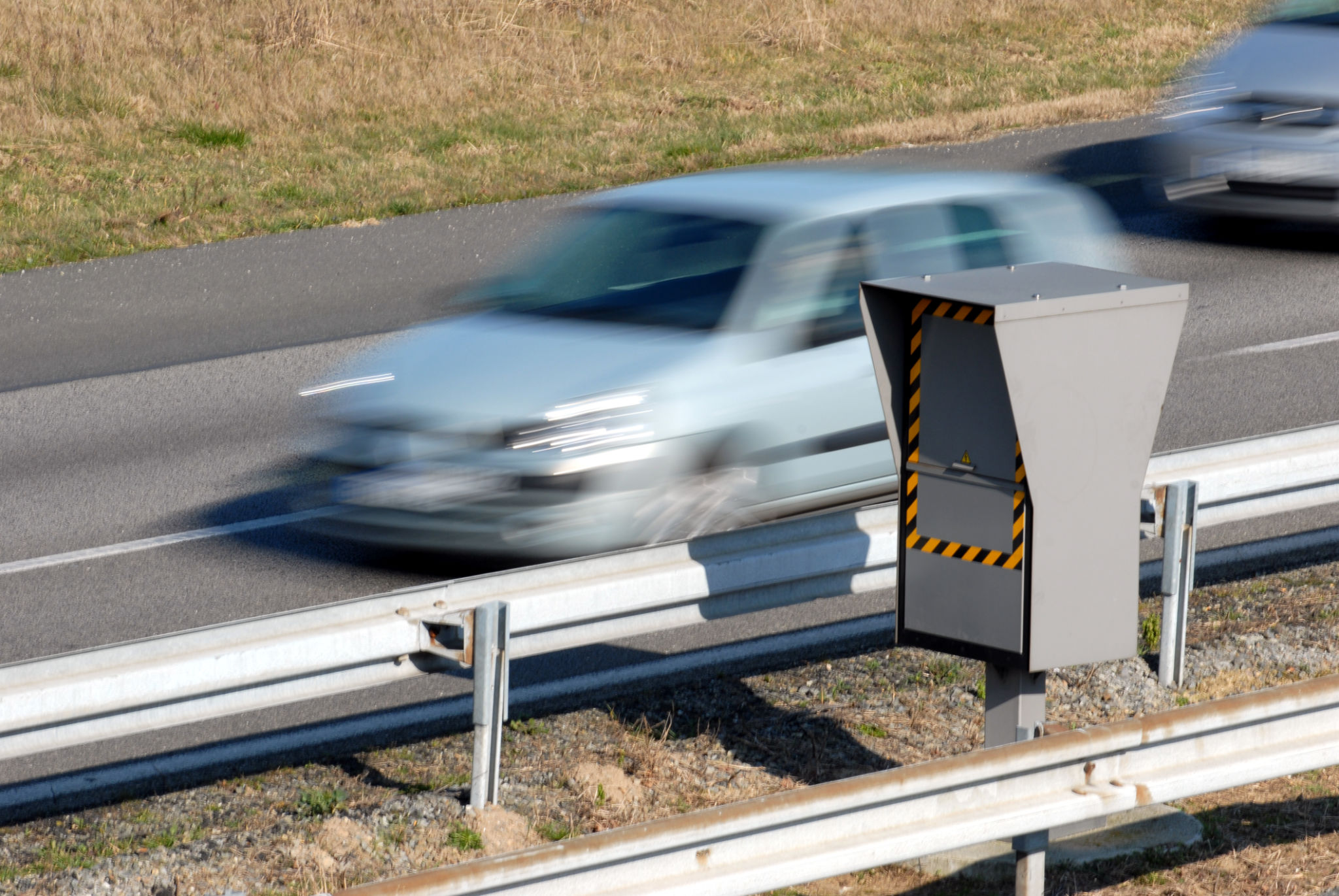The Impact of Weather on Radar Calibration: Tips for West Yorkshire Drivers
Understanding Radar Calibration
Radar systems are a crucial component of modern vehicles, aiding in navigation, speed monitoring, and collision avoidance. For drivers in West Yorkshire, maintaining the accuracy of these systems is essential for safe driving. However, one often overlooked factor affecting radar calibration is weather. From foggy mornings to snowy evenings, understanding how weather impacts radar can help in ensuring optimal performance.

Effects of Weather Conditions on Radar
Weather conditions like rain, fog, and snow can significantly affect radar calibration. These elements can interfere with the signals transmitted and received by radar systems. For instance, heavy rain can scatter radar beams, leading to inaccurate readings. Similarly, fog can cause refraction of radar waves, while snow can lead to signal attenuation. Recognizing these effects is the first step toward mitigating their impact.
Drivers should be particularly cautious about these conditions as they can lead to false positives or negatives in radar readings. This means that an obstacle might be detected when there is none, or worse, an obstacle might not be detected at all. Being aware of these potential inaccuracies can help drivers make informed decisions while on the road.
Tips for Maintaining Radar Accuracy
To ensure your vehicle's radar system remains accurate despite weather conditions, consider the following tips:
- Regular Calibration Checks: Regularly check and calibrate your radar system to ensure it is functioning correctly. Most vehicle manufacturers recommend calibration after any significant change in weather conditions.
- Sensor Cleaning: Keep radar sensors clean from dirt, ice, or snow. Blocked sensors can lead to erroneous readings.
- Software Updates: Ensure that your vehicle's software is up-to-date as updates often include improvements for dealing with weather-related issues.

Local Considerations for West Yorkshire Drivers
West Yorkshire's unique climate means drivers should be particularly vigilant. The region is known for its variable weather patterns, which can change rapidly. This unpredictability necessitates a proactive approach to radar calibration and maintenance.
During autumn and winter, West Yorkshire often experiences fog and heavy rain. These conditions demand extra caution as they are more likely to interfere with radar systems. Drivers should pay attention to weather forecasts and adjust their driving habits accordingly.
Technological Advances to Combat Weather Effects
Fortunately, advances in radar technology are helping mitigate the effects of weather on calibration. Modern vehicles are equipped with adaptive systems that adjust readings based on environmental conditions. Features like beam-forming and advanced signal processing are becoming increasingly common, providing more reliable performance in adverse weather.

For those considering a new vehicle purchase, looking for models with these advanced radar systems might be beneficial. They offer greater resilience against weather disturbances, ensuring safety and accuracy even in challenging conditions.
Conclusion
The impact of weather on radar calibration is a significant concern for drivers in West Yorkshire. By understanding the challenges posed by different weather conditions and taking proactive steps to maintain radar accuracy, drivers can ensure a safer driving experience. Regular maintenance, staying informed about technological advances, and adapting to local climatic conditions will help keep radar systems functioning optimally.
Ultimately, being prepared and informed allows drivers to navigate West Yorkshire's roads with greater confidence, regardless of the weather outside.
